The Nvidia GeForce RTX 5070 Ti: A Budget-Friendly 4K Champion?
The Nvidia GeForce RTX 5090's underwhelming performance and high price tag left many gamers wanting. However, the RTX 5070 Ti offers a more compelling proposition. While not a dramatic leap from its predecessor, its affordability makes it the most sensible Blackwell architecture card currently available, especially for those on a budget.
Priced at $749, the RTX 5070 Ti excels as a 4K graphics card, effectively overshadowing the more expensive RTX 5080 (provided you can find either card at MSRP). It's crucial to note that review units, like the MSI aftermarket model used here ($1099), significantly inflate the cost. At its base price, however, the RTX 5070 Ti is a strong contender for the best graphics card for most users, particularly 4K gamers.
Purchasing Guide
The Nvidia GeForce RTX 5070 Ti launched February 20, 2025, with a starting price of $749. Remember that this is the base price; expect significant price variations across different models. While excellent value at $749, its appeal diminishes as the price approaches that of the RTX 5080.
Nvidia GeForce RTX 5070 Ti – Image Gallery
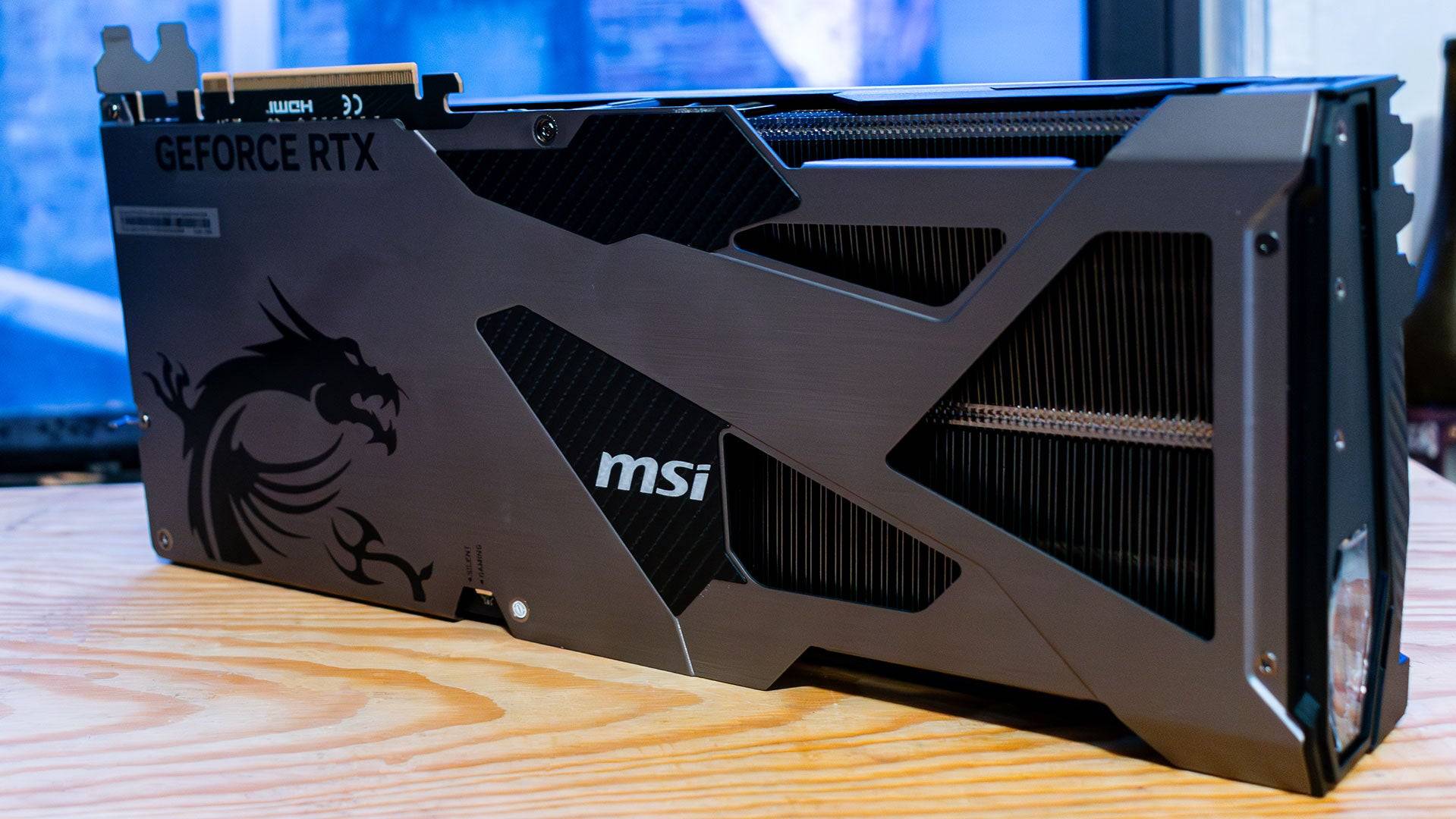
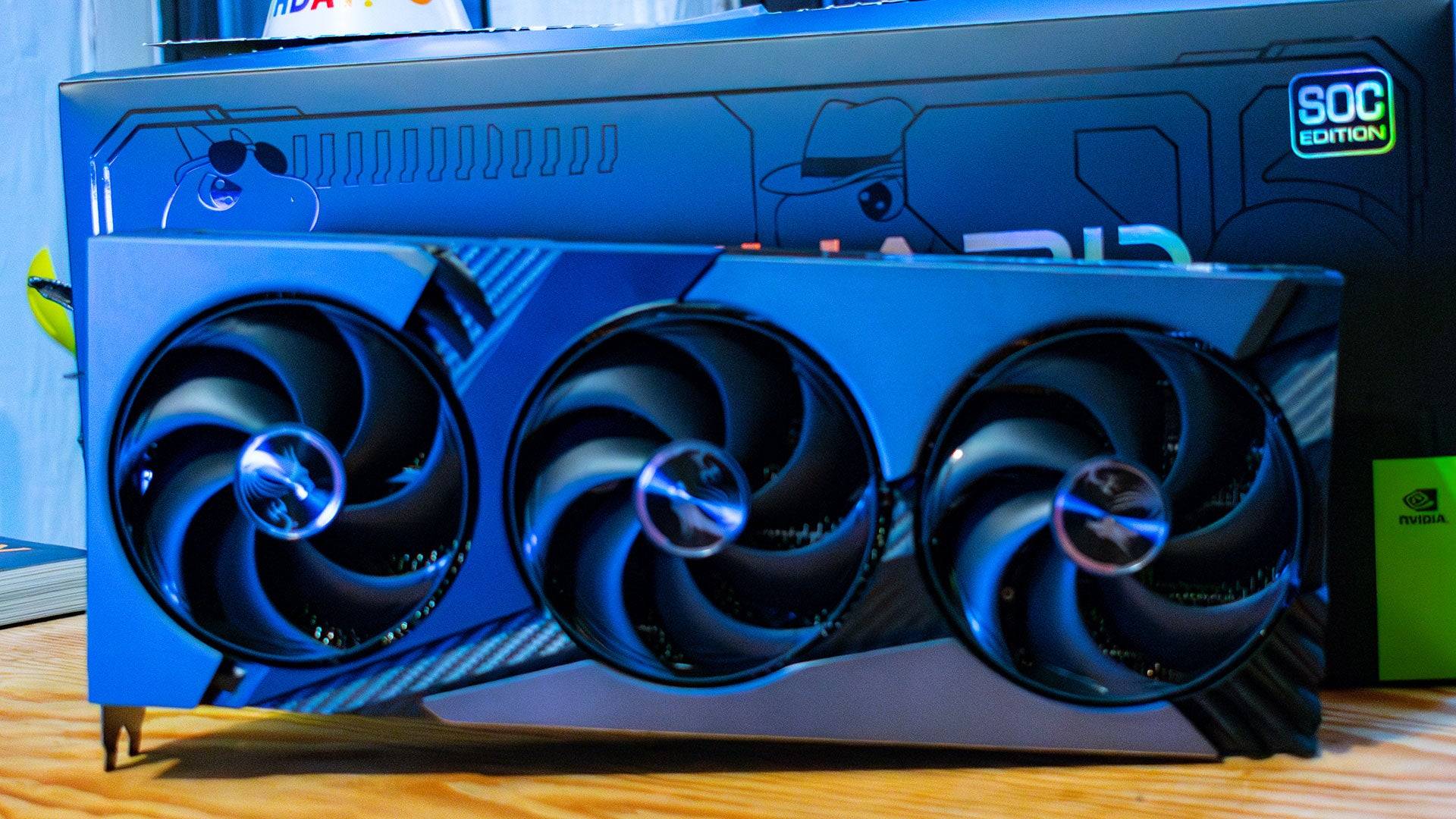 6 Images
6 Images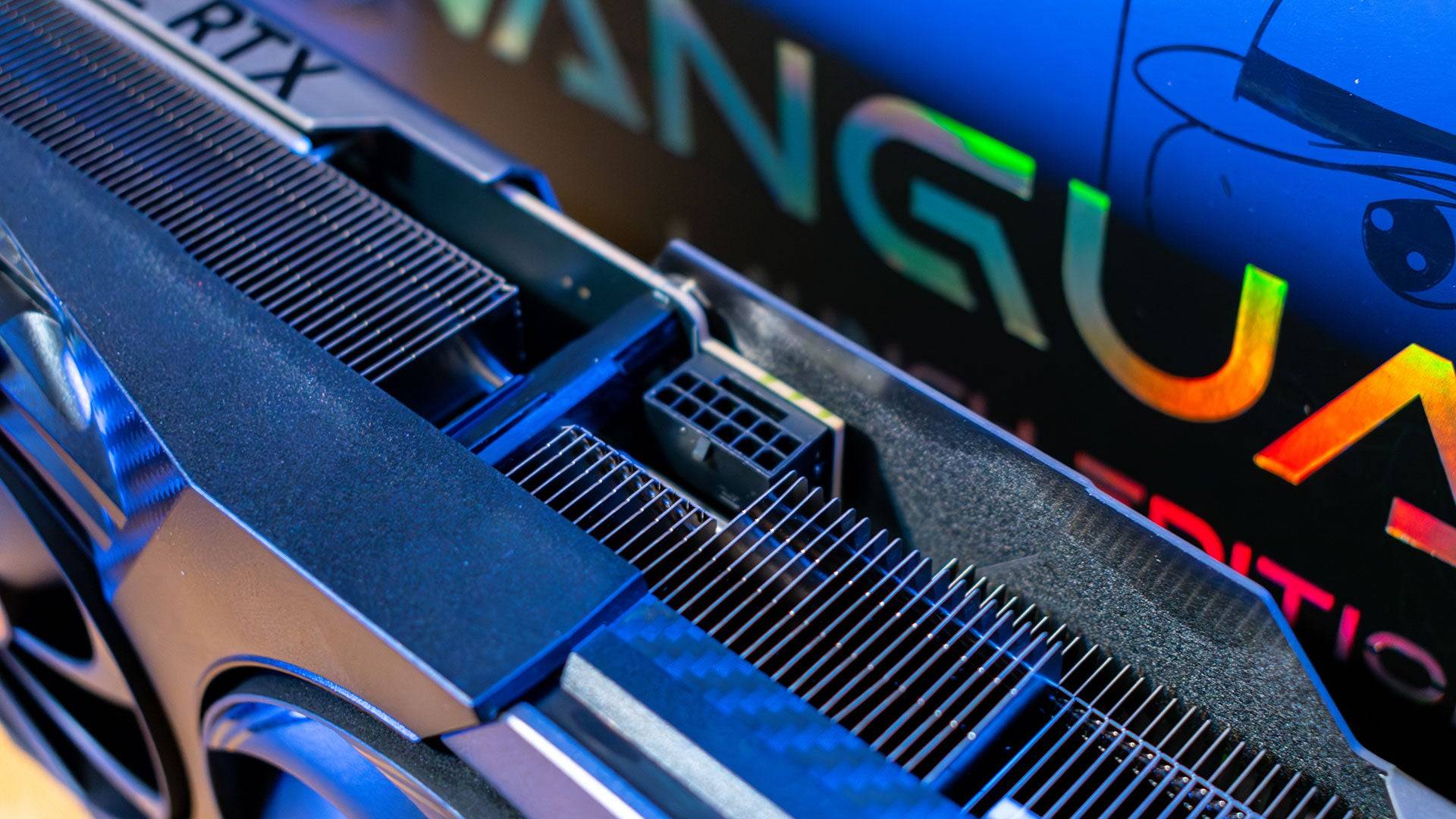
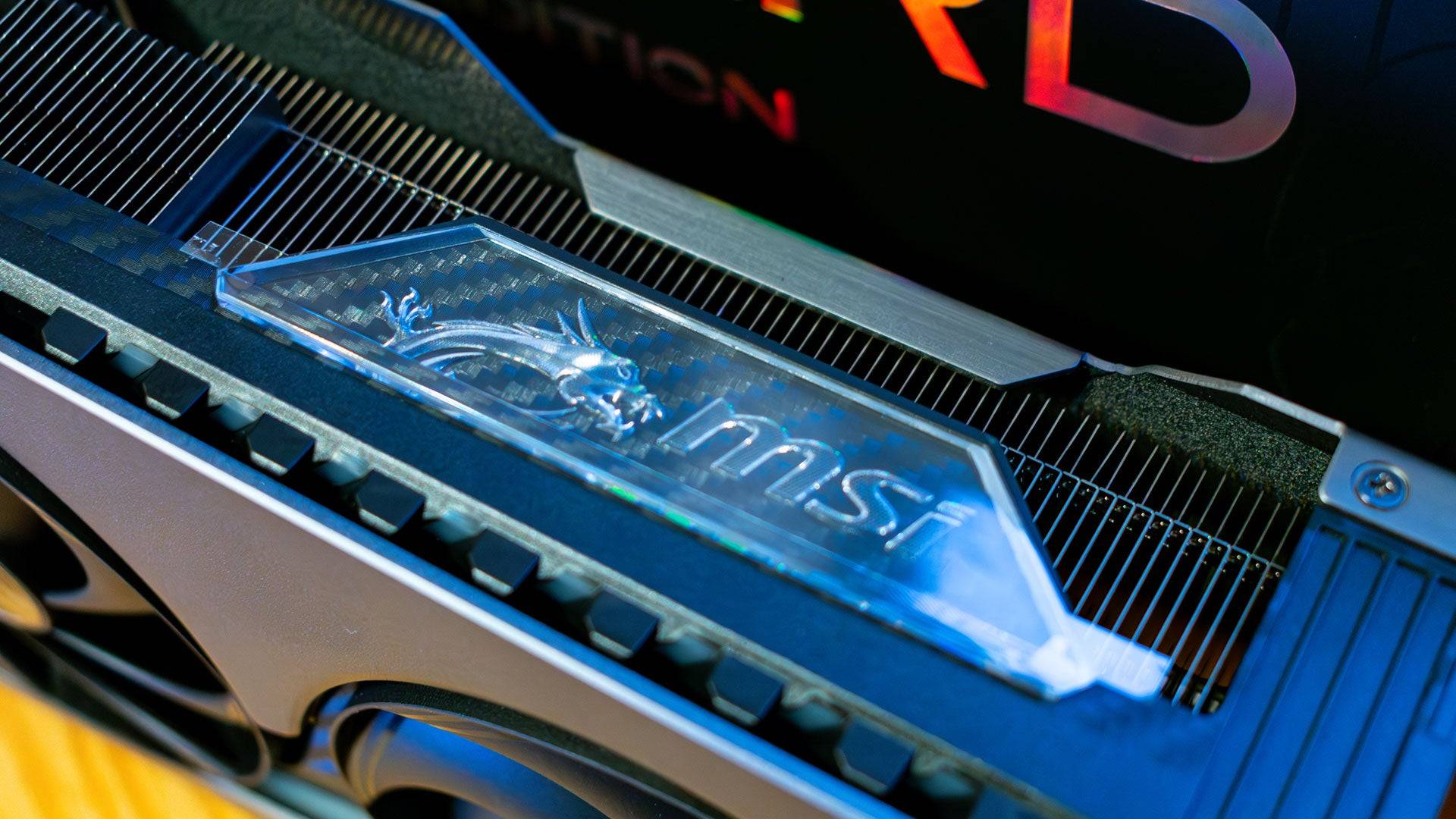
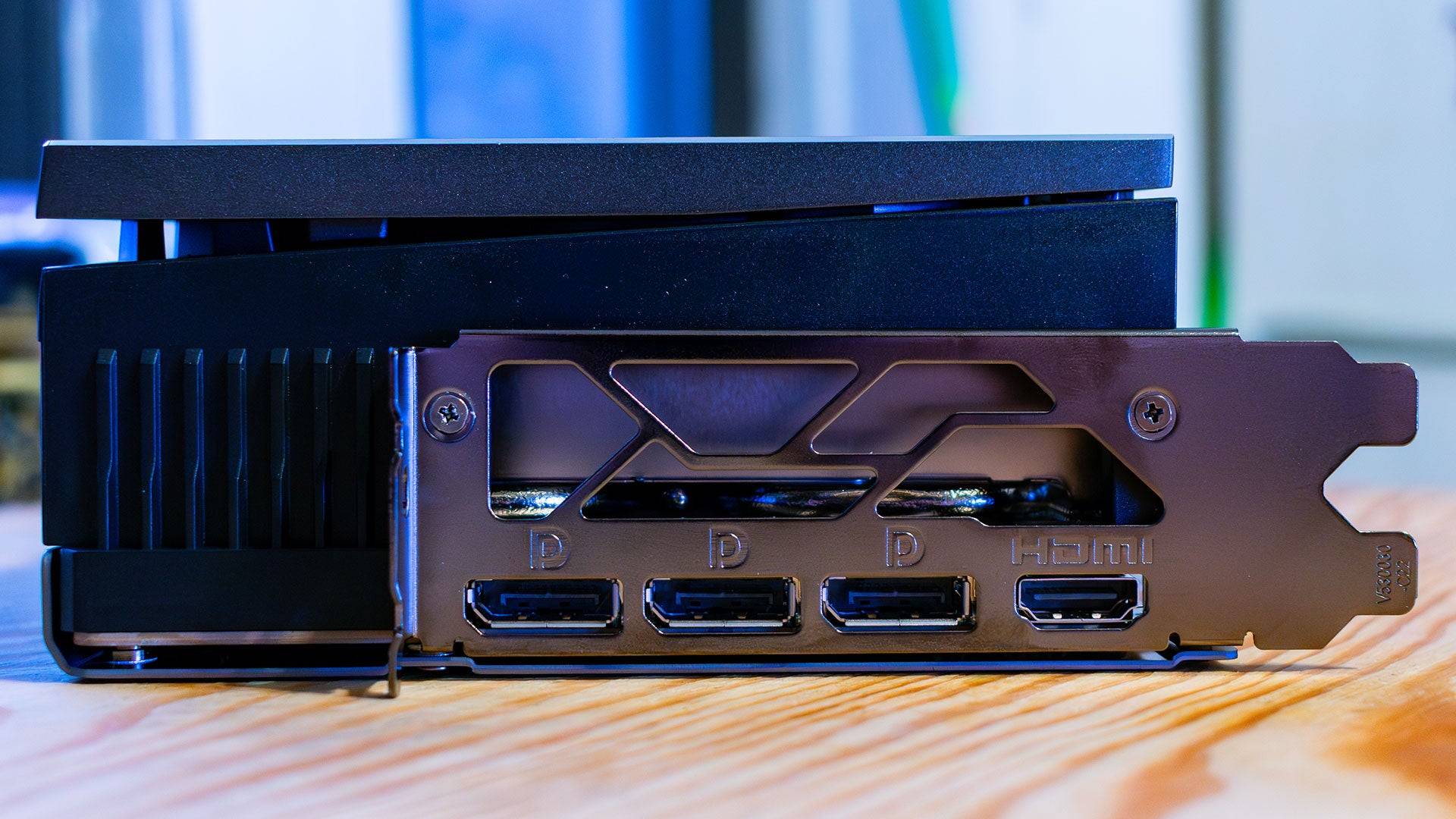

Specs and Features
The RTX 5070 Ti is the third Blackwell architecture GPU from Nvidia. Initially designed for AI supercomputers, this architecture has been adapted for gaming, retaining a strong AI focus.
Sharing the GB203 GPU with the RTX 5080, it features 70 Streaming Multiprocessors (SMs), 8,960 CUDA cores, 70 RT cores, and 280 Tensor Cores (14 SMs disabled compared to the 5080). It also boasts 16GB of GDDR7 RAM, albeit slightly slower than the RTX 5080. The Tensor Cores are key, leveraging AI upscaling and frame generation.
Blackwell introduces an AI Management Processor (AMP), offloading workload distribution from the CPU to the GPU, significantly improving the efficiency of DLSS and frame generation.
DLSS 4 utilizes a Transformer model instead of a CNN, resulting in superior image quality with reduced ghosting and artifacts. It also incorporates Multi-Frame Generation (MFG), capable of generating up to three frames per rendered frame, potentially quadrupling frame rates. However, this increases latency, though Nvidia's Reflex technology aims to mitigate this.
With a 300W TDP, the RTX 5070 Ti's power consumption is comparable to the RTX 4070 Ti and 4070 Ti Super. Nvidia recommends a 750W PSU, but an 850W PSU is advisable, particularly for high-end models.

DLSS 4: Is It Worth It?
While faster than its predecessor, the RTX 5070 Ti's main selling point is DLSS 4 and MFG. High refresh rate monitors benefit greatly, although latency improvements are not drastic. MFG analyzes rendered frames and motion vectors to predict subsequent frames, generating up to three additional frames. While a 4x frame rate increase is theoretically possible, it's rarely achieved in practice.
Testing in Cyberpunk 2077 and Star Wars Outlaws showed varying latency impacts. While frame rates increased significantly, latency increases were minimal at higher frame rates, becoming more noticeable at lower frame rates.
Nvidia GeForce RTX 5070 Ti – Benchmark Results
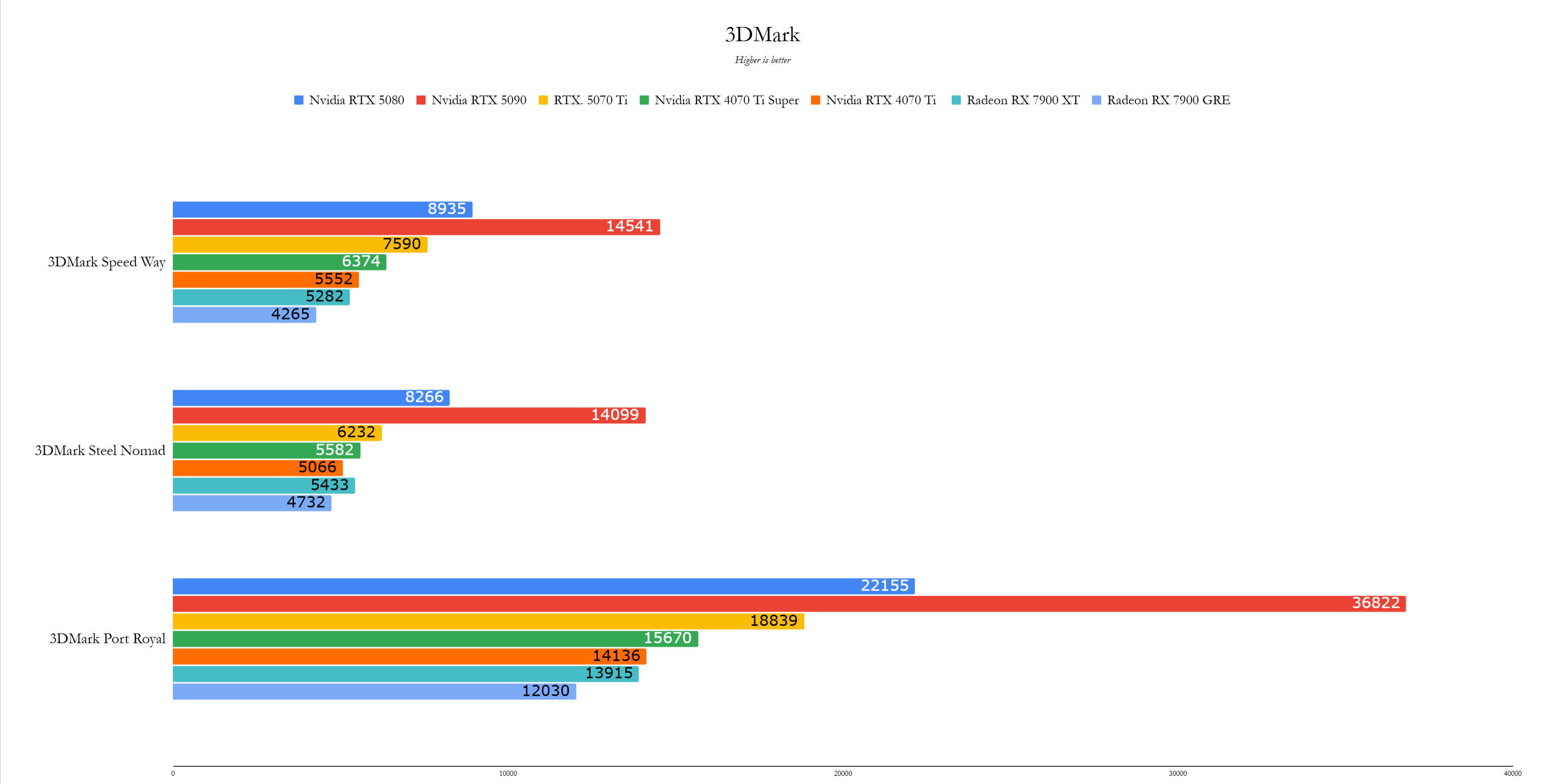
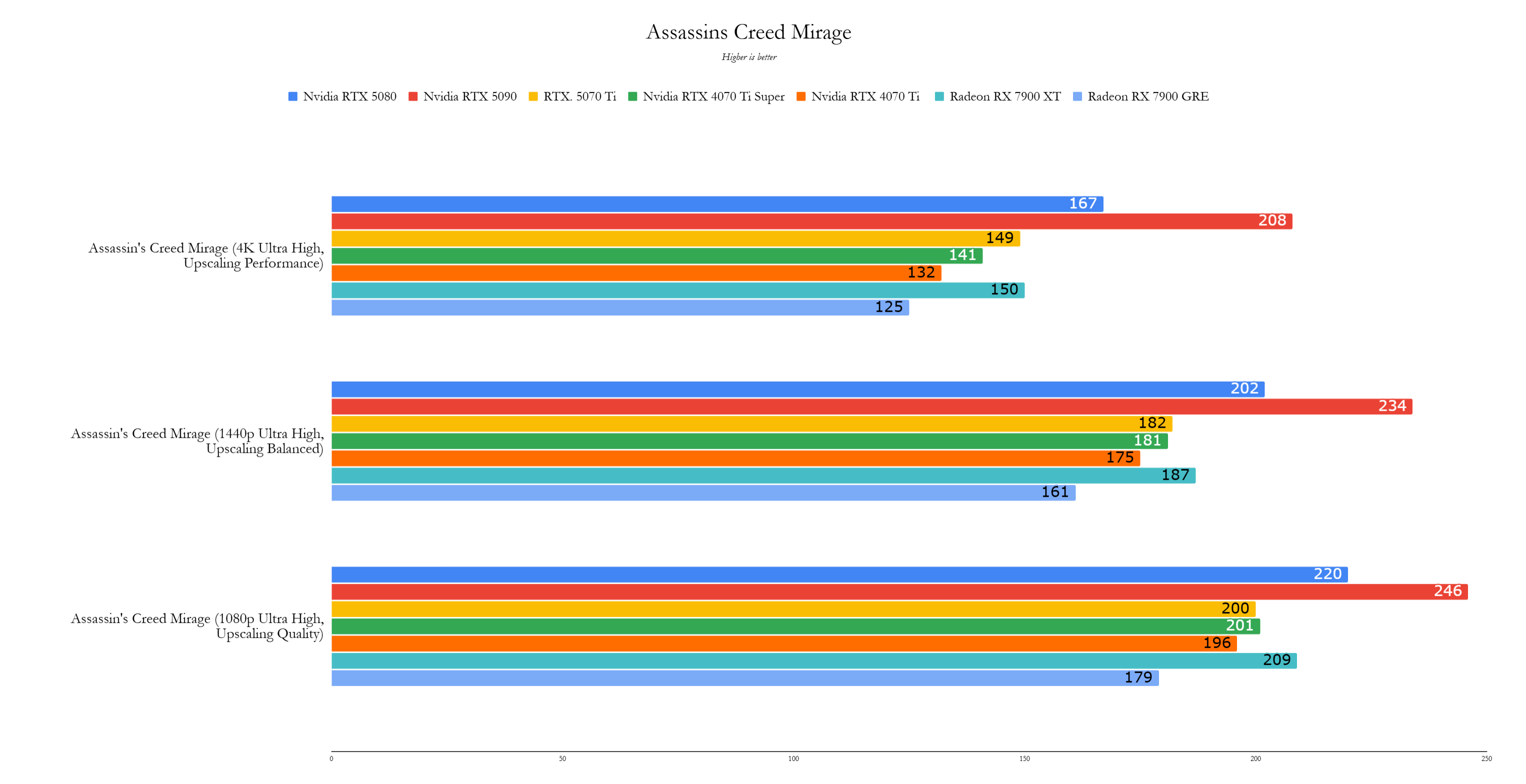 12 Images
12 Images
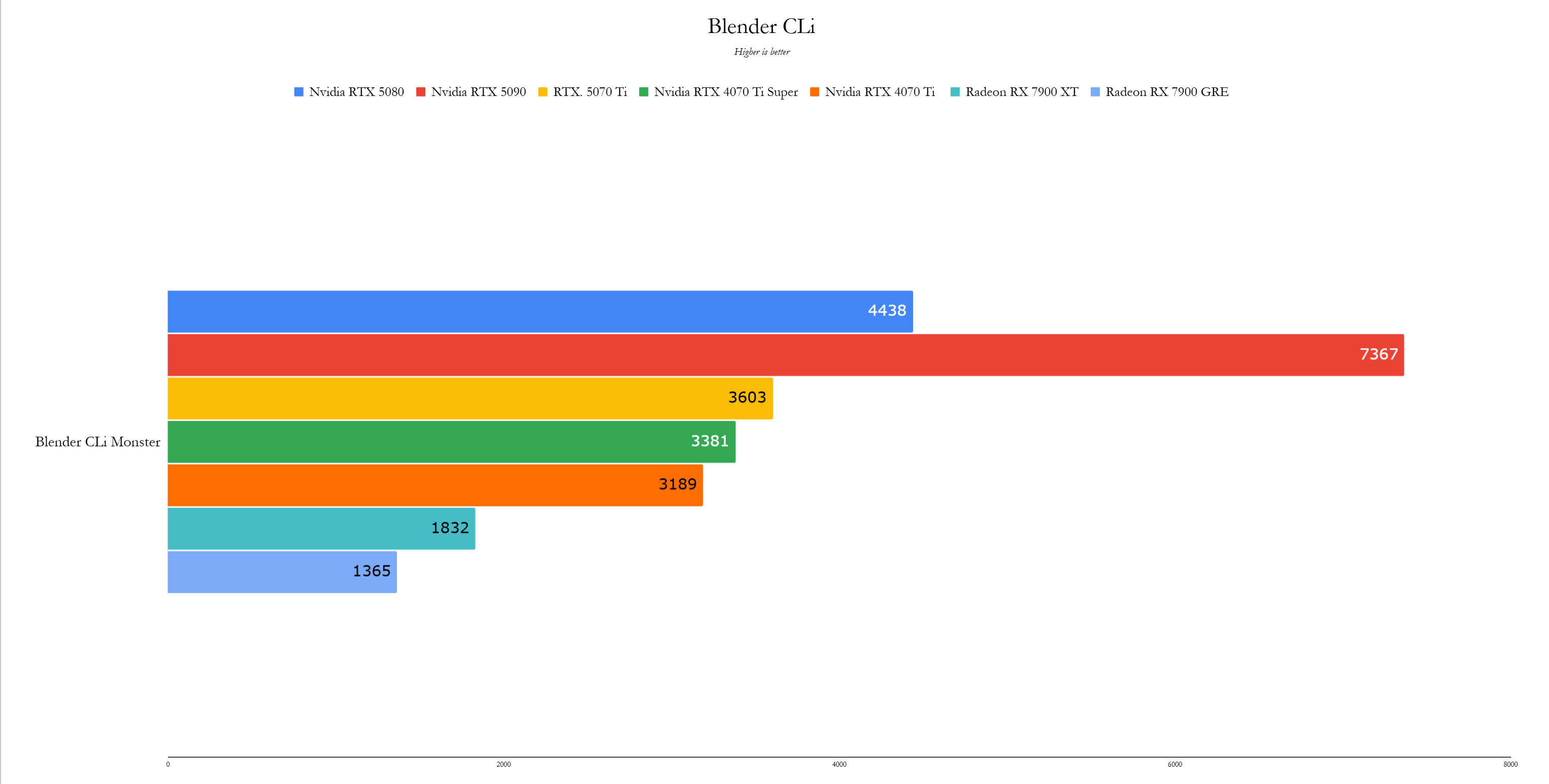
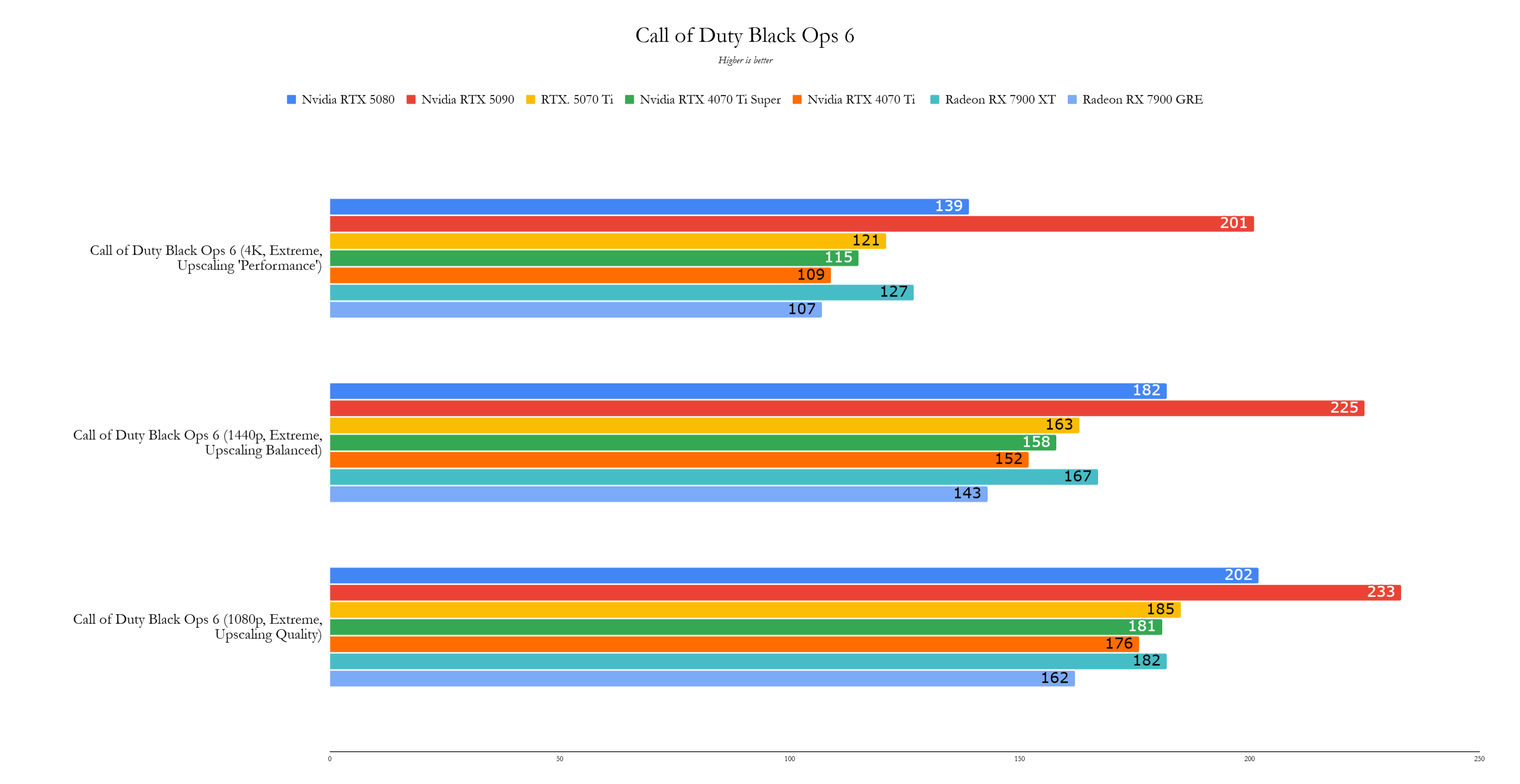
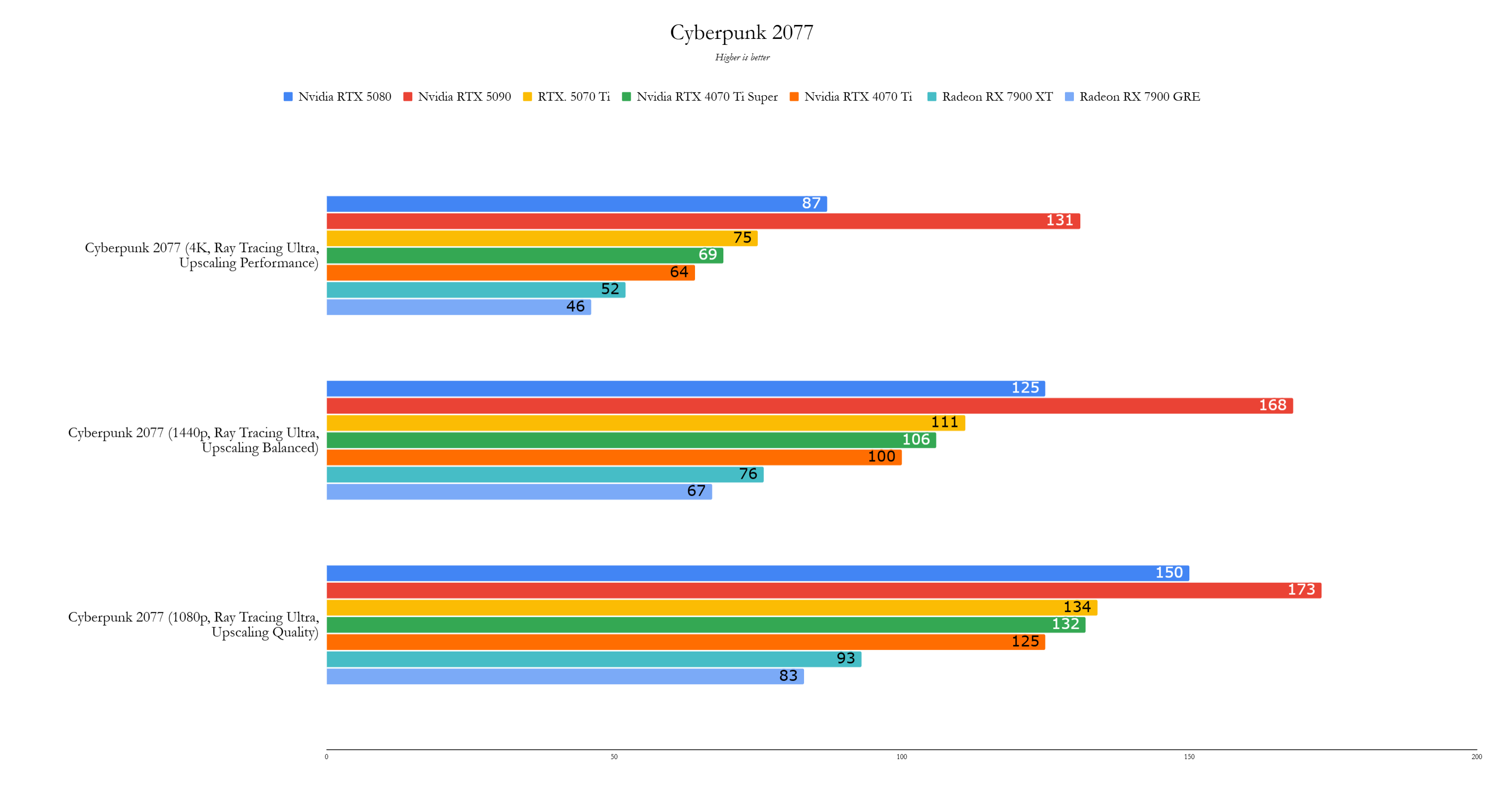
Performance
At 4K, the RTX 5070 Ti outperforms the RTX 4070 Ti Super by 11% and the RTX 4070 Ti by 21%, a significant generational leap. It consistently exceeded 60fps at 4K in demanding titles. Testing was conducted at stock settings on a high-end system (specs listed below).
Test System:
- CPU: AMD Ryzen 7 9800X3D
- Motherboard: Asus ROG Crosshair X870E Hero
- RAM: 32GB G.Skill Trident Z5 Neo @ 6,000MHz
- SSD: 4TB Samsung 990 Pro
- CPU Cooler: Asus ROG Ryujin III 360
Benchmarks across various titles showed consistent performance gains over previous generations, although some games exhibited smaller improvements (e.g., Call of Duty: Black Ops 6). Titles like Cyberpunk 2077 and Total War: Warhammer 3 showcased the card's capabilities. Results varied depending on the game's support for ray tracing and upscaling technologies.
Conclusion
The Nvidia GeForce RTX 5070 Ti, at its MSRP of $749, represents excellent value for a 4K gaming GPU. It delivers a substantial performance improvement over its predecessor at a lower price point, making it a compelling choice for 4K gaming enthusiasts.
 Home
Home  Navigation
Navigation






 Latest Articles
Latest Articles









 Latest Games
Latest Games












